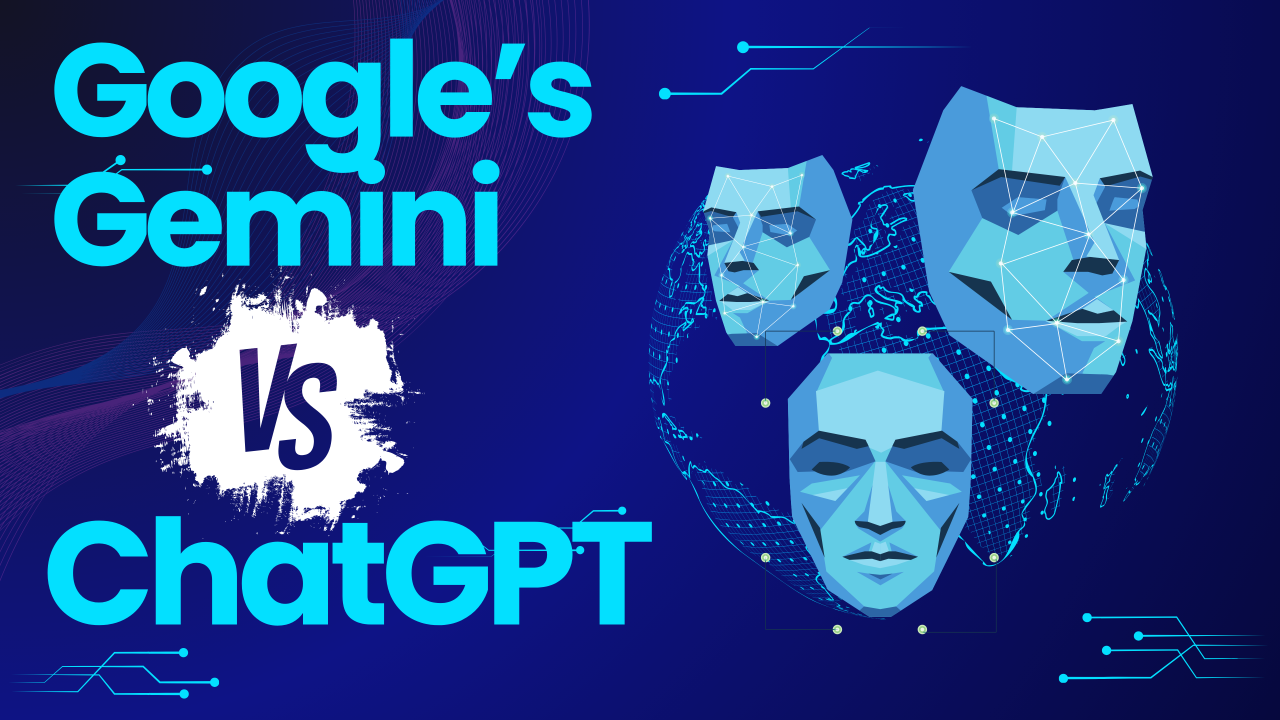Google is making significant strides in the AI landscape with its latest model, Gemini 1.5, designed to enhance conversational and multimodal capabilities, thereby positioning itself as a formidable competitor to OpenAI’s GPT-4. This new development signifies a critical juncture in the ongoing rivalry among tech giants in the field of generative AI.
Introduction to Gemini 1.5
Gemini 1.5, unveiled by Google, represents a leap in AI technology, characterized by its efficient architecture and long context window which allows it to process up to one million tokens. This capability marks a significant advancement over its predecessors, enabling the model to understand and generate responses based on a much broader context. The model has been integrated into Google’s products, including the Bard chatbot, enhancing its learning and reasoning capabilities significantly.
Gemini’s Role in AI Development
The Gemini model is not just an isolated project but part of Google’s broader strategy to advance AI technology. The model leverages a Mixture-of-Experts (MoE) architecture, which enhances its efficiency by activating only the most relevant parts of its network depending on the input. This approach allows Gemini to handle complex tasks more effectively and with greater speed, making it a versatile tool for developers and enterprises.
Industry and Community Response
The release of Gemini has catalyzed discussions around AI development strategies, particularly concerning open-source versus proprietary models. While Google has been somewhat reserved in sharing its AI advancements, other companies like Meta and Hugging Face advocate for open-source development, arguing that it accelerates innovation and accessibility in AI technology.
Looking forward, Google plans to continue enhancing the capabilities of Gemini, with promises of upgrades like the Gemini Ultra model, which will provide even more powerful computational abilities. This ongoing development reflects Google’s commitment to maintaining a leading position in AI technology, constantly pushing the boundaries of what these models can achieve in real-world applications.







